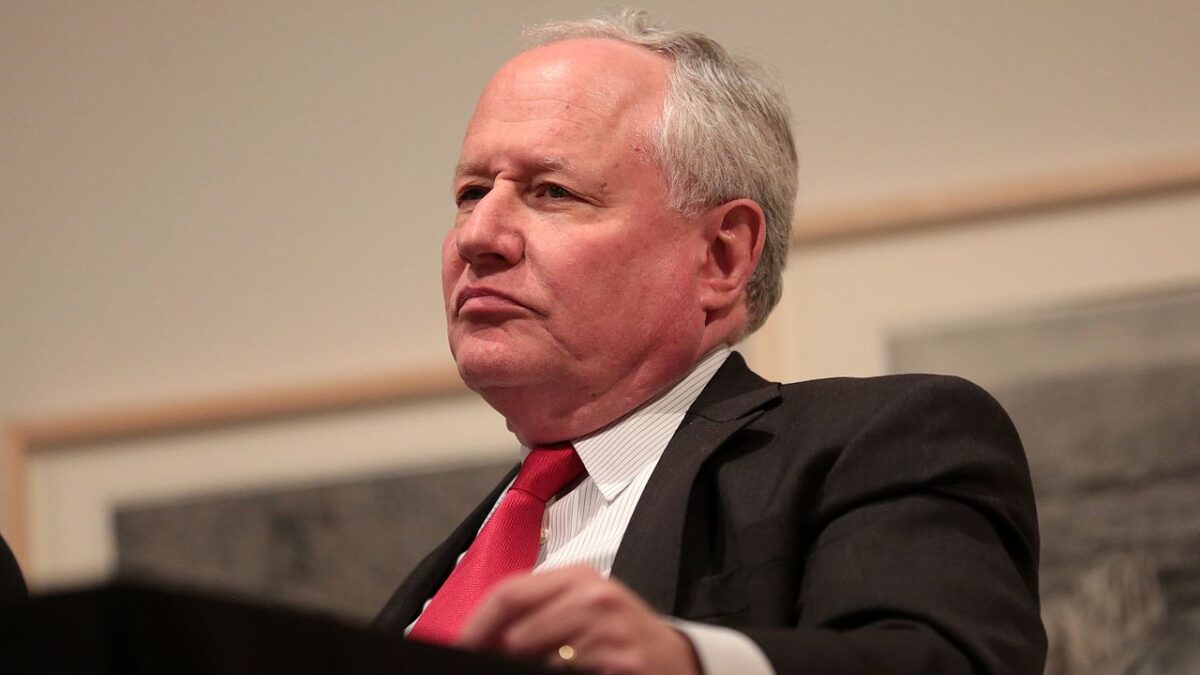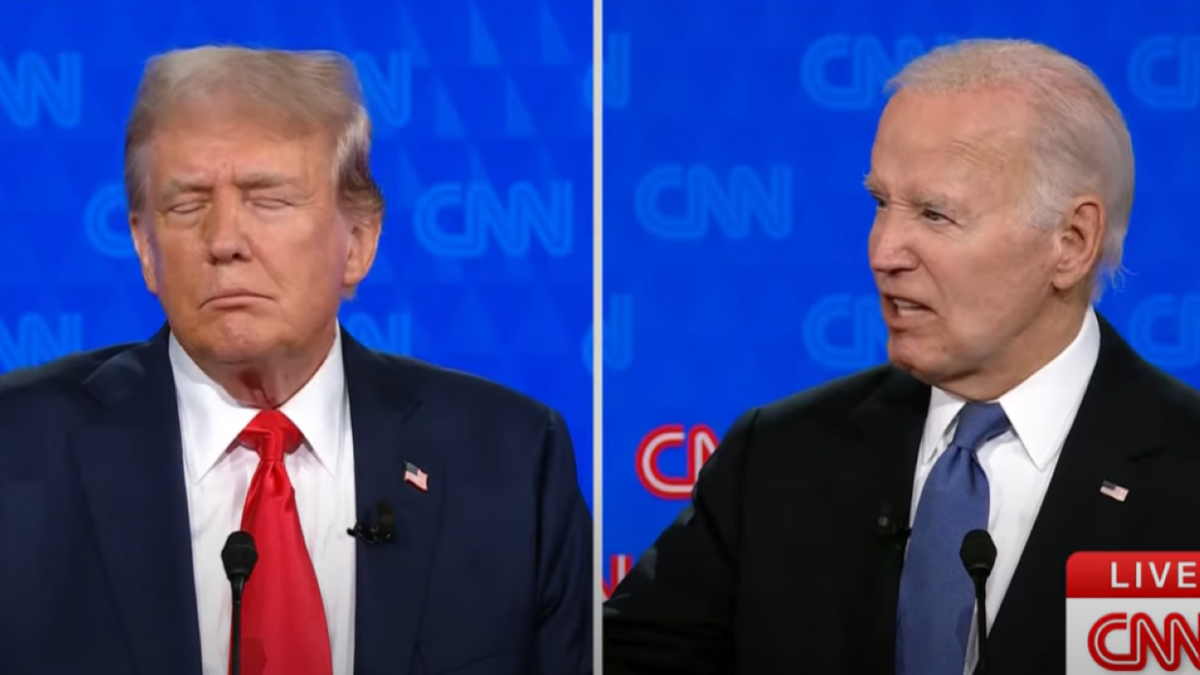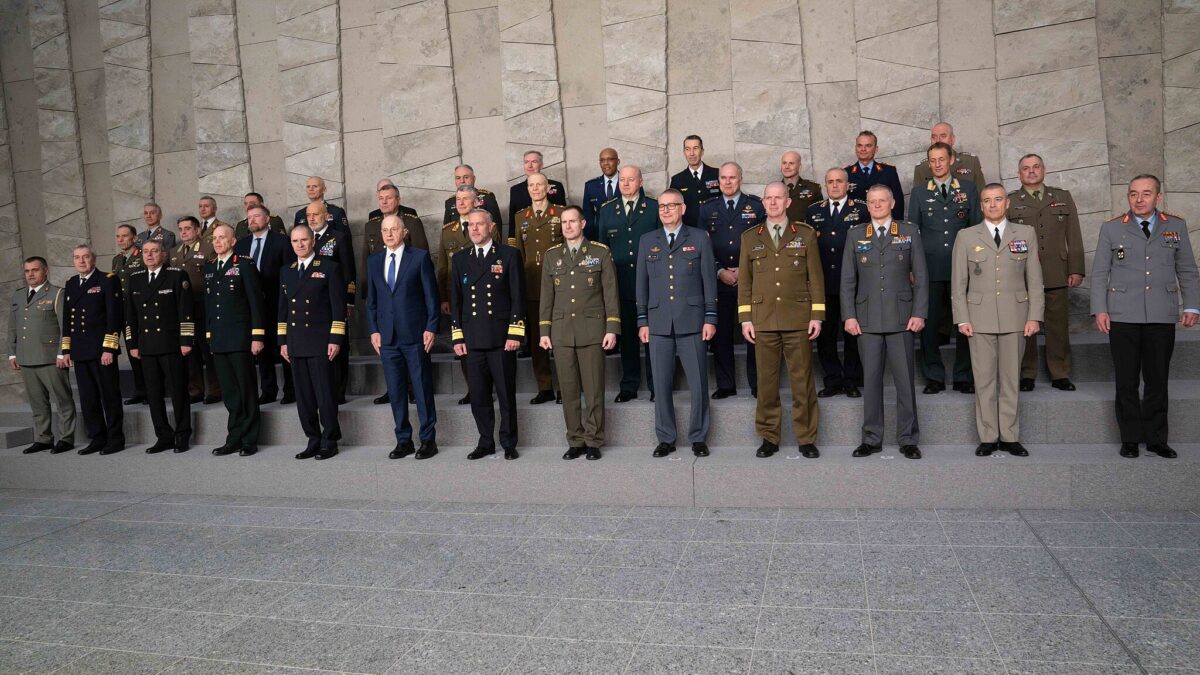The Washington Post on Aug. 15, 2023, in a story by Mariana Alfaro, writes about Bill Kristol’s launch of “Republicans for Ukraine,” which is using a $2 million ad campaign “to get congressional Republicans to commit to continue funding aid for Ukraine ahead of what is likely to be a lengthy appropriations fight.” According to Alfaro, advertisements, which will include “testimony” from pro-Ukraine Republican voters, will appear on television, billboards, and online. After two decades of promoting failed and costly wars and interventions, Kristol and what is left of the neoconservative movement are making a last gasp at relevance by once again promoting American involvement in another war.
Fortunately, neoconservatives are a dying breed in American politics. At least in the Republican Party. Having achieved relevance in the latter stages of the Cold War by breaking with the Democratic Party (where most of them came from) and supporting President Ronald Reagan’s policies that won the Cold War, the neoconservatives spent much of the post-Cold War world finding new “monsters to destroy” (to use the famous phrase of John Quincy Adams).
They first picked Saddam Hussein in Iraq. But after the U.S. military achieved a quick victory on the battlefield in 1991 and forced Iraqi forces to leave Kuwait, the neoconservatives criticized the Bush 41 administration for not toppling the Iraqi regime. During the Clinton administration, the neocons were ardent champions of U.S. intervention in the Balkans.
Then, after the terrorist attacks of Sept. 11, 2001, the neoconservatives persuaded the George W. Bush administration not only to retaliate against our enemies in Afghanistan but to declare a “Global War on Terror” and launch a crusade to democratize the Arab regimes of the Middle East. Bush 43, backed by the neoconservatives and using Wilsonian rhetoric, preemptively attacked Iraq, overthrew the heinous Hussein regime, declared “victory,” and then needlessly expended the lives of American soldiers and American treasure in failed efforts to remake the Middle East in America’s image.
At the same time that the neoconservatives promoted the democratization of the Middle East, they also urged the Bush 43 administration to expand NATO closer to Russia’s border, ignoring the prudent counsel of Bush 41 Secretary of State James Baker (who told Russian leaders that NATO would not expand if Russia didn’t contest German reunification), and Russian expert and elder statesman George F. Kennan who presciently warned that NATO expansion would revive the worst aspects of Russian nationalism and imperialism.
Bush 43 not only expanded NATO further (Romania, Estonia, Bulgaria, Latvia, Lithuania, Slovakia, and Slovenia were given membership in 2004, while Albania and Croatia were invited during the Bush 43 administration but formally joined in 2009), he also publicly called for Ukraine and Georgia to join the alliance. The neocons also urged U.S. intervention in Syria and Libya in 2011 as part of their championing of the so-called “Arab Spring,” which led not to democracy but instead to anarchy, chaos, and increased Russian and Chinese influence in the region.
Last year Jeffrey Sachs wrote that Ukraine is “the latest neocon disaster.” He described the war in Ukraine as “the culmination of a 30-year project of the American neoconservative movement.” Sachs in that piece recounted the neocon track record of promoting disastrous military adventures that have resulted in diminishing U.S. influence abroad and, in the case of Ukraine, risking a wider European war. Sachs concluded that “[i]nstead of risking this disaster, the real solution is to end the neocon fantasies of the past 30 years and for Ukraine and Russia to return to the negotiating table, with NATO committing to end its commitment to the eastward enlargement to Ukraine and Russia in return for a viable peace that respects and protects Ukraine’s sovereignty and territorial integrity.”
Sachs’ call for a negotiated solution to the Ukraine War was echoed recently in the pages of The National Interest by Russia expert Alex Burilkov and State Department consultant and military intelligence officer Wesley Satterwhite. Burilkov and Satterwhite call for an American-led peace effort in Ukraine before Russia launches a new offensive in the wake of Ukraine’s failed summer offensive. They call their proposed solution a “Korea scenario,” which will result in Ukraine trading parts of four regions occupied by Russia for “robust Western (American) security guarantees.” This, the authors write, would enable the United States to “defuse tensions with Moscow” and focus on the Pacific and China, where we face a “true peer rival.”
The authors worry, however, that Russia might seek victory instead of a negotiated solution, and if Russia achieves a victory it would be a “significant setback for the United States” and NATO. A Russian victory would also strengthen the Sino-Russian strategic partnership. America, the authors write, must pursue serious peace negotiations now with both Ukraine and Russia. “Only then,” they write, “will the United States be able to focus entirely on containing China, which is of paramount importance to American security and prosperity.”
It seems, however, that the last thing the neocons want is peace in Ukraine. Instead, Kristol’s group wants to “put pressure on Republicans to do the right thing on Ukraine” — which means providing more military aid and training to Ukrainian forces to enable them to achieve victory in the war. As Kelley Beaucar Vlahos notes in Responsible Statecraft, the neocons’ focus is more war, not diplomacy.
That also seems to be the focus of the Biden administration, which recently asked Congress for $24 billion more in aid to Ukraine. It is high time for Republicans and America’s leaders to ignore the advice of the Bill Kristols, Max Boots, and David Frums of the American political spectrum. They have been wrong — disastrously wrong — for the last 30 years.
The words of Oliver Cromwell to Parliament in 1653 and Leo Amery to Neville Chamberlain in 1940 should be directed at the neoconservatives who still seek to exercise influence over U.S. foreign policy: “You have sat too long here for any good you have been doing. Depart, I say, and let us have done with you. In the name of God, go.”
This article was originally published by RealClearDefense.









